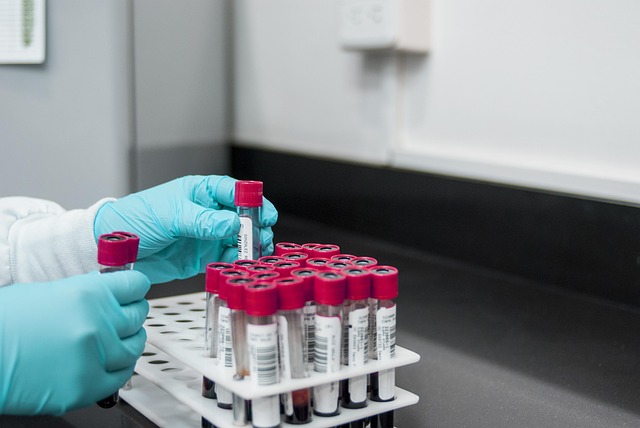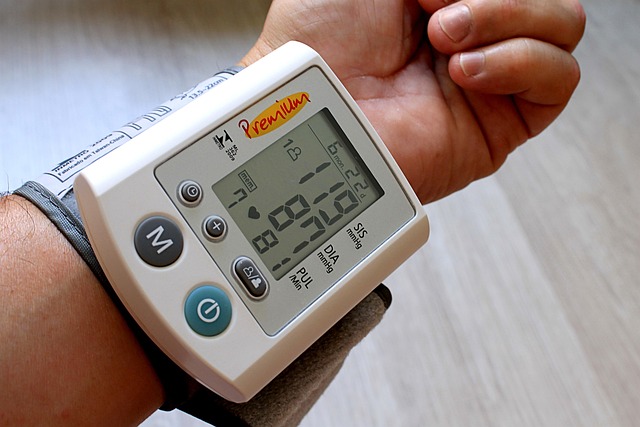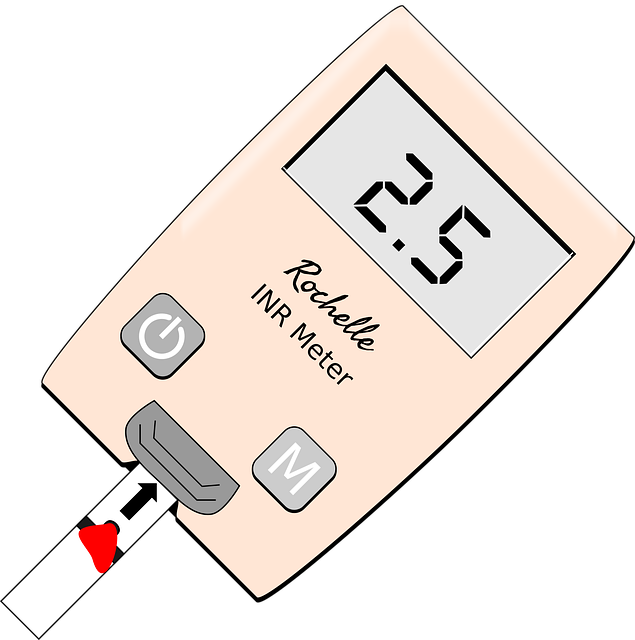Vitamin B12 deficiency, common but overlooked, particularly in older adults and specific dietary/medical groups, is detectable via UK's 'Well Person Blood Test'. Low B12 levels cause fatigue, memory loss; untreated, can lead to neurological issues. Blood tests measure homocysteine, methylmalonic acid for diagnosis; accurate detection enables personalized treatment plans including diet, supplements, injections. Understanding test results (normal range: 190-950 pg/mL) is crucial for managing deficiencies, with severity dictating treatment approach. Consulting a healthcare professional for follow-up blood tests ensures effective B12 level monitoring.
“Ensure you’re getting the right nutrients with vitamin B12 deficiency testing, a crucial step towards optimal health. This guide delves into the significance of this simple yet powerful tool, especially for those in the UK considering a well person blood test. Learn how blood tests can detect even subtle deficiencies, allowing for timely intervention. Understand the results and subsequent steps to take, empowering you to make informed decisions about your nutrition and overall well-being.”
- Understanding Vitamin B12 Deficiency
- How Blood Tests Detect Deficiency
- Interpreting Results and Next Steps
Understanding Vitamin B12 Deficiency

Vitamin B12 deficiency is a common yet often overlooked health issue, particularly among individuals in their 60s and older, as well as those with certain dietary restrictions or medical conditions. In the UK, a ‘well person’ blood test can be an effective way to identify this deficiency early on. This essential nutrient plays a vital role in maintaining healthy nerve cells and producing DNA. A lack of B12 can lead to various symptoms such as fatigue, weakness, memory loss, and even neurological issues if left untreated.
Testing for vitamin B12 deficiency involves a simple blood test that measures the level of this vitamin in your bloodstream. If levels are low, further assessment might be needed to determine the cause, which could be poor diet, absorption problems, or underlying health conditions. Early detection through Well Person Blood Tests UK can help prevent more serious complications and ensure individuals receive the appropriate treatment, such as dietary adjustments, injections, or supplements, to restore optimal B12 levels.
How Blood Tests Detect Deficiency

Blood tests play a crucial role in detecting vitamin B12 deficiency, offering a simple yet effective method for healthcare professionals to assess nutrient levels. In the UK, a well-person blood test often includes measurements of homocysteine and methylmalonic acid (MMA) as key indicators. Elevated levels of these substances suggest inadequate red blood cell formation and energy production, respectively, potentially pointing towards B12 deficiency.
The process involves drawing a small sample of blood, typically from a vein in the arm, which is then analysed using sophisticated medical equipment. These tests provide quantitative data on vitamin B12 status, allowing for precise diagnoses and tailored treatment plans to address any deficiency. Accurate detection enables individuals to receive appropriate supplements or dietary changes to mitigate potential health risks associated with prolonged B12 deficiency.
Interpreting Results and Next Steps

After your vitamin B12 deficiency testing through a well person blood test UK, it’s crucial to understand what your results mean. A normal range for vitamin B12 typically falls between 190-950 pg/mL (picograms per milliliter). If your levels are below this range, it indicates a potential deficiency. The extent of the deficiency will be determined by how far your level dips below the lower limit of normal.
The next steps largely depend on the severity of the deficiency. Mild deficiencies may be managed through diet adjustments and supplementation. More severe cases might require medical intervention such as injections or oral medications. Regardless of the severity, consulting with a healthcare professional is essential to develop a tailored plan for improving your vitamin B12 levels. They can also help monitor your progress over time using follow-up blood tests.
Vitamin B12 deficiency testing using blood tests is a straightforward way to identify potential issues, especially for those in the UK aiming to maintain their overall well-being. By understanding the symptoms and knowing what to look for in results, individuals can take proactive steps towards better health. Whether you’re concerned about your B12 levels or simply looking to incorporate a comprehensive check into your annual Well Person Blood Test UK routine, this knowledge empowers you to make informed decisions about your nutrition and well-being.
